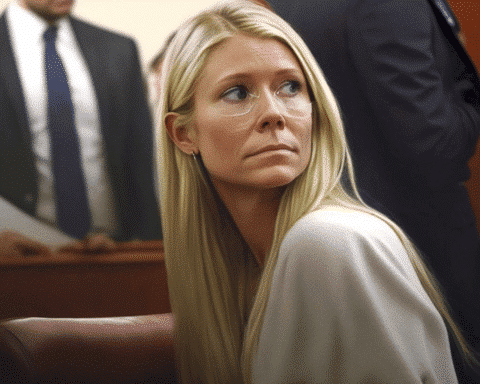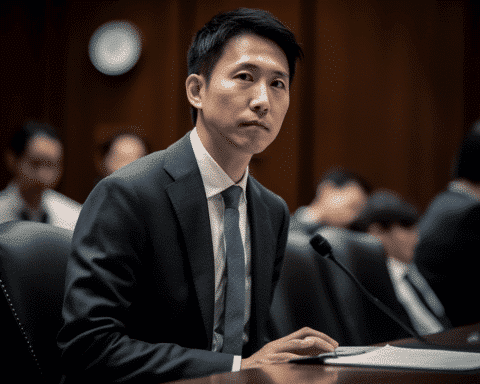Live Nation, the parent company of Ticketmaster, finds itself at the center of a groundbreaking legal battle as the US government and 30 state and district attorneys general file an antitrust lawsuit against the entertainment giant. The lawsuit, filed in New York, alleges that Live Nation has abused its dominance in the industry to the detriment of concertgoers nationwide.
At the heart of the matter are claims that Live Nation’s actions have stifled competition, leading to a range of issues including poor customer service, confusing pricing, expensive ticketing fees, and restrictions on ticket resales. The lawsuit seeks not only monetary damages but also a significant restructuring of Live Nation’s operations, potentially leading to sweeping changes in the live events market.
The allegations against Live Nation are serious, with prosecutors claiming that the company orchestrated a plan to monopolize the ticketing and live events industry. This allegedly involved striking exclusive deals with major venues, effectively locking out competitors and controlling the flow of tickets for events nationwide.
The lawsuit comes after years of criticism leveled at Live Nation, particularly in the aftermath of incidents such as the Ticketmaster glitches during Taylor Swift’s “Eras” tour in 2022. These incidents shed light on what many critics see as a lack of competition in the industry, leading to widespread frustration among fans and artists alike.
Live Nation, however, vehemently denies the allegations, calling them “baseless.” The company argues that the lawsuit fails to address the real concerns of fans, focusing instead on legal technicalities. Nevertheless, the news has had a significant impact on Live Nation’s stock, which fell by 5% following the announcement of the lawsuit.
Musicians have also weighed in on the controversy, with some expressing their frustration with Live Nation’s practices. Taylor Swift herself took to Instagram to criticize the company after the Ticketmaster fiasco, highlighting the impact on both artists and fans.
This isn’t the first time Live Nation has come under scrutiny for its business practices. The company’s 2010 merger with Ticketmaster raised concerns among antitrust advocates, who feared that it would lead to a monopoly in the live events market. Now, more than a decade later, those fears seem to have materialized, prompting regulators to take action.
The lawsuit has garnered widespread support from antitrust advocates, who see it as a long-overdue response to Live Nation’s dominance. It also reflects a broader push by the Biden administration to ramp up antitrust enforcement and address issues of consolidation across various industries.
According to the lawsuit, Live Nation’s control extends far beyond ticketing, with the company directly managing hundreds of artists and controlling a significant portion of concert promotions and venues in North America. Through Ticketmaster, Live Nation also holds sway over the primary ticketing for the majority of major concert venues.
The lawsuit involves a significant number of states and districts, indicating the widespread concern over Live Nation’s practices. New York Attorney General Letitia James, one of the lead plaintiffs in the case, has called for a “new era” in the live events industry, signaling the determination of regulators to hold Live Nation accountable for its actions.
As the legal battle unfolds, fans and industry observers will be watching closely to see how it impacts the future of the live events market. While the outcome remains uncertain, one thing is clear: Live Nation’s days of unchecked dominance may be coming to an end.




